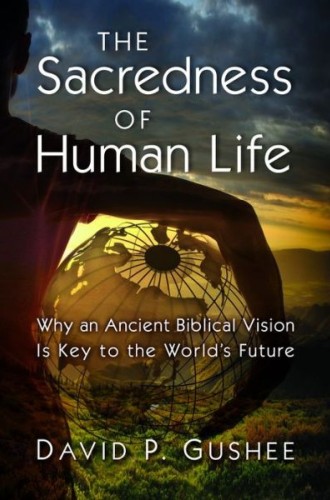The Sacredness of Human Life, by David P. Gushee
David Gushee’s attempt to define and defend the concept of the sacredness of life is a welcome reminder of why it is so important that we not take for granted the protections that surround our lives and the lives of others. In this sprawling book, he discusses extensively subjects as wide ranging as the Crusades, colonialism, Christian anti-Semitism, Locke, Kant, Nietzsche and Nazi Germany, as well as contemporary issues such as abortion, capital punishment and the status of rights that may seem only indirectly related to the main subject of the book. The breadth of the book is not accidental but reflects the fundamental argument at its heart: that our sense that life is sacred is a historical achievement that must be sustained by the memory of a people.
Gushee argues that the discovery that human life is sacred is rooted in the history of God’s dealings with Israel. He does not contend that our belief that every life is to be regarded as precious is based exclusively on the Old Testament but that in the Old Testament we find its surest grounds. Appeals to natural law may sometimes provide a defense of the sacredness of life, but Gushee thinks that such sources of our reverence for life themselves emerged from a synthesis of biblical and classical sources.
Gushee begins by attempting to define what the sacredness of life means. But it is not clear to me whether definition is the right word to describe what Gushee does, which is basically to provide a conceptual analysis of what sacredness of life must mean given how that concept is used in common human practices. He asserts that sacredness of life means that every human life possesses dignity that demands reverence.






